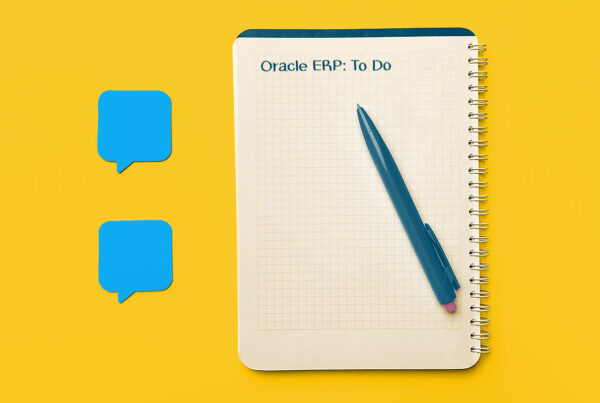Managing a manufacturing operation requires careful planning and execution, and an effective ERP system can make all the difference. With numerous modules and features available, commercial manufacturing ERP systems offer a wide range of capabilities to help manufacturers streamline their operations, reduce costs, and improve productivity.
The importance of specific ERP features, however, can vary widely depending on the type of manufacturing process your company runs. In this article, we will explore the four main types of manufacturing production systems — Just in Time, Kanban, Made to Order, and Made to Stock — and discuss the ERP system features most critical for efficiently managing each type of production.
Just In Time
Just-in-Time (JIT) production planning, also known as “Available to Promise,” is a method where the production is triggered only when there is an actual demand from the customer. This production approach relies on a real-time inventory tracking system and agile supply chain management. JIT helps manufacturers minimize inventory costs while providing the flexibility to quickly respond to changing customer demands.
An ERP system for a manufacturer running a JIT production system would prioritize real-time data, such as current inventory levels and expected delivery times, in order to accurately determine when materials need to be ordered to keep production running smoothly. The system would also need to be able to track production schedules and processes in real-time to ensure that finished goods are being produced in the correct quantities and at the right times.
Kanban
Kanban, on the other hand, is a system used to manage and control the flow of materials and components within the production process. This system is characterized by a “pull” approach where each step in the production process is triggered by a signal from the previous step. The signal can be a physical card, an electronic notification, or any other mechanism that indicates the material needs for the next step. The goal of the Kanban system is to minimize inventory and work in progress (WIP) while increasing production efficiency and reducing waste.
For a Kanban system, the ERP system would need to have automation in place to monitor inventory levels and trigger production of new items only when necessary. This would involve setting up electronic Kanban cards that track inventory levels and signal when replenishment is needed. The system would also need to track each step in the production process to ensure that materials are being moved through the system in a timely and efficient manner.
Made to Order
Made to Order (MTO) is a production approach where products are assembled or manufactured based on specific customer orders. While similar to the JIT strategy, this approach is commonly used in industries where products require customization or are unique to each customer, such as aerospace, defense, and medical equipment. MTO production relies on the accurate forecasting of customer demand and the ability to quickly create and assemble products based on customer requirements.
In an MTO system, the manufacturing ERP system would need to be able to handle complex bills of materials that are specific to each order. This would involve detailed tracking of each component that goes into the final product, as well as the ability to schedule production based on individual order needs. The system would also need to be able to handle custom orders and ensure that each item is produced to the correct specifications.
Made to Stock
Made to Stock (MTS) is a production approach where products are manufactured in advance of customer demand based on strong forecasting. This approach is commonly used in industries where products have long lead times or are difficult to manufacture quickly, such as in the automotive or consumer electronics industries. MTS production relies on accurate forecasting and efficient inventory management to avoid stockouts and overstocking.
An ERP for an MTS system would need to have strong forecasting capabilities in order to accurately predict demand and keep inventory levels at optimal levels. The system would need to be able to track inventory levels in real-time and trigger production only when necessary to prevent excess inventory costs. The system would also need to be able to manage procurement and supply chain processes to ensure that materials are ordered and delivered in a timely manner to support production schedules.
Optimizing Your Manufacturing ERP
Understanding the needs of your specific manufacturing process is critical to knowing how you can optimize your ERP system and add the features that will drive the best results. In an era of rapid change and increased competition, manufacturers must leverage data and build digital operations to drive performance. As experts in Oracle ERP consulting and support, Traust understands the vital role of your manufacturing ERP system, and we specialize in executing digital transformation tailored to unique organizational goals.
When planning your enterprise IT projects, you must first identify your priorities. What are the most important areas of your manufacturing process that you would like to improve? Once you have identified your mission-critical priorities, you can start to plan out the specific ERP features and functionality that can help you achieve your goals.
Not sure where to start or need help implementing new features? Let’s connect. Traust can help you assess your needs, choose the right ERP functionality to tackle your to-do list, and implement new features.





